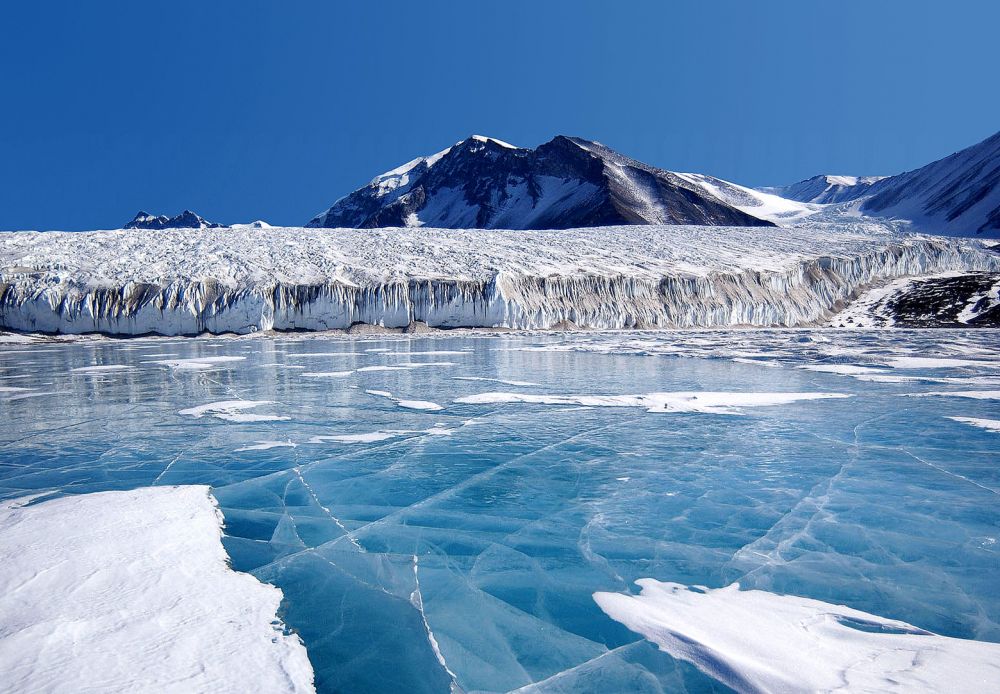World’s largest marine park created in Antarctica
A landmark agreement has been signed by 24 countries and the EU to protect the Ross Sea in Antarctica.

A landmark agreement has been signed by 24 countries and the EU to protect the Ross Sea in Antarctica.
The international agreement was made on Friday, at the conclusion of two weeks of discussions at the annual meeting of the Commission for the Conservation of Antarctic Marine Living Resources, which took place in Hobart, Australia.
The 1.1 square kilometres of the Ross Sea around Antarctica will become the world’s largest marine protected area (MPA).
The area will be declared a no-take “general protection zone” where no commercial fishing will be allowed for 35 years and nothing can be removed, including marine life and minerals.
The proposal was introduced by New Zealand and the US, and was unanimously accepted by all nations’ representatives.
As part of the compromise, there will be special zones where fishing from krill and toothfish will be allowed for research purposes.
It is the first marine park created in international waters and will set a precedent for further moves to help the world achieve the International Union for the Conservation of Nature’s recommendation that 30% of the world’s oceans be protected.
The Ross Sea only comprise 2% of the Southern Ocean but is home to 38% of the world's Adelie penguins, 30% of the world's Antarctic petrels and around 6% of the world's population of Antarctic minke whales.
Scientists have also estimated that the Southern ocean produces roughly three quarters of the nutrients that sustain life in all oceans around the world.
Evan Bloom from the US state department, said: “I think it’s a really significant moment. We’ve been working towards this for many years. It’s taken time to get consensus but now we have established the world’s largest marine protected area.”
Chris Johnson, WWF-Australia’s ocean science manager, said: “Today’s agreement is a turning point for the protection of Antarctica and the Southern Ocean. This is important not just for the incredible diversity of life that it will protect, but also for the contribution it makes to building the resilience of the world’s ocean in the face of climate change.”
Lewis Pugh, the UN Patron for the Oceans, said: "I'm absolutely overjoyed. This is the biggest protected area on the land or the sea, this is the first large scale MPA on the high seas…For me this is an issue about justice - justice between generations. There seems to be something fundamentally wrong with us destroying our oceans so our children and grandchildren have absolutely nothing."


